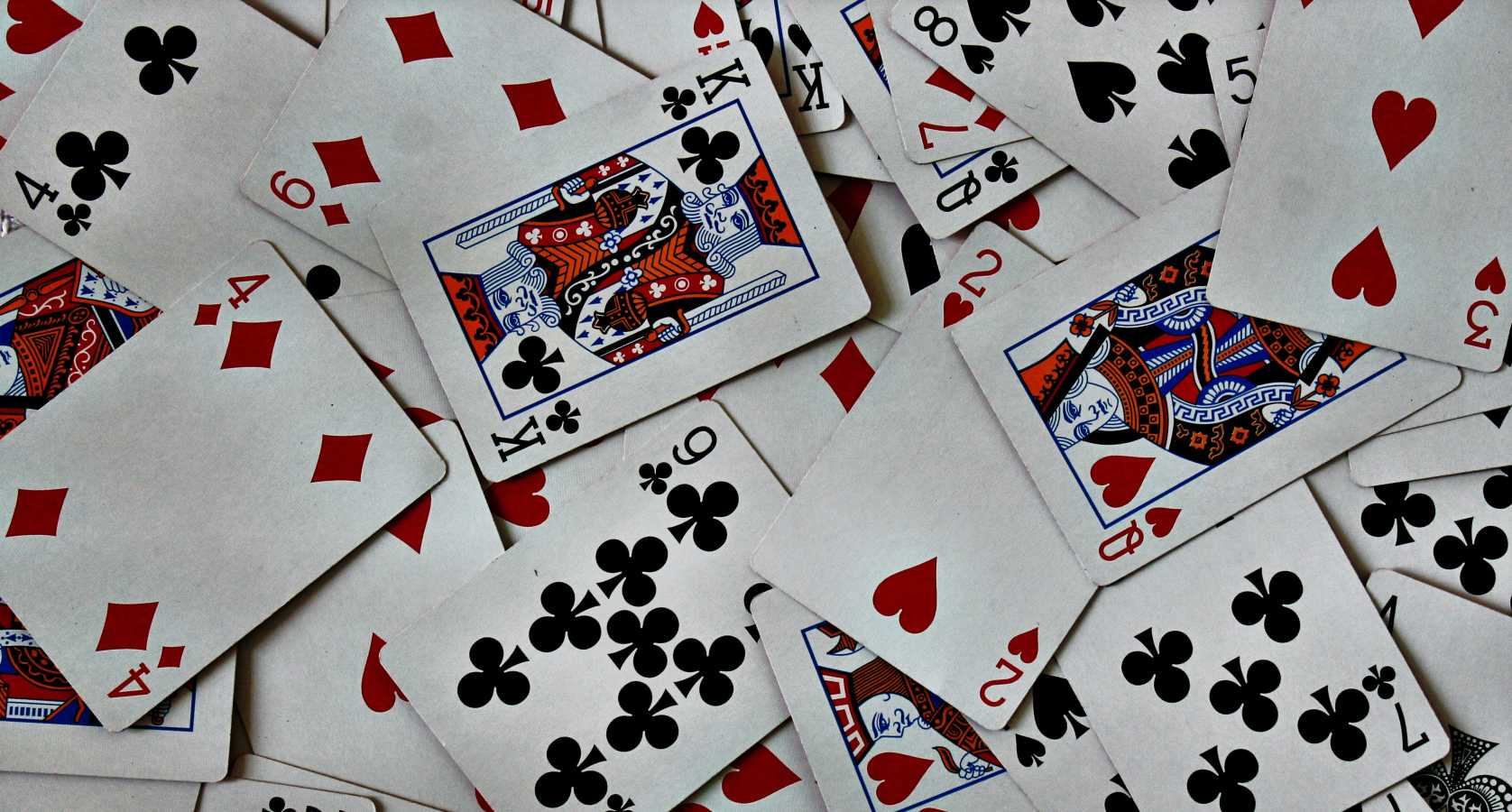Indy Mellink, en ivrig kortspiller fra Nederland , forklarte kusinene sine i fjor da hun spurte seg selv: hvorfor skulle en konge være verdt mer enn en dronning?
Den 23 år gamle rettsmedisinske psykologen, oppmuntret av faren, bestemte seg for at det var på tide å bryte med den hundre år gamle tradisjonen med seksuell ulikhet i spillkortdekk som rangerer menn over kvinner.
“Hvis vi har dette hierarkiet om at kongen er verdt mer enn dronningen, så påvirker denne subtile ulikheten mennesker i deres daglige liv fordi det bare er en annen måte å si” hei, du er mindre viktig, “sa hun i et intervju. “Selv subtile ulikheter som dette spiller en stor rolle.” Det skriver Reuters.
Indy Mellink, a Dutch card fan, was explaining a game to her cousins last summer when she asked herself: why should a king be worth more than a queen?
The 23-year-old forensic psychology graduate, encouraged by her father, decided it was time to break with the centuries-old tradition of sexual inequality in playing card decks that rank men above women.
“If we have this hierarchy that the king is worth more than the queen then this subtle inequality influences people in their daily life because it’s just another way of saying ‘hey, you’re less important,” she said in an interview. “Even subtle inequalities like this do play a big role.”
After a lot of trial and error, she designed a genderless deck in which the images of a king, queen and jack were replaced with gold, silver and bronze.
Friends and family snapped up the first 50 decks of GSB (Gold, Silver, Bronze) cards, which have images of gold bars, silver coins and a bronze shield. Mellink had more made and began selling them online.
Within a few months, she had sent out around 1,500 packs, including to Belgium, Germany, France and the United States. Game shops have also shown interest, she said.
Mellink has been testing the cards out on players, who said they had never been conscious of sexual inequality in decks before. Switching would take some getting used to.
“It is good that we reflect on gender neutrality,” said Berit van Dobbenburgh, head of the Dutch Bridge Association, while playing with the new cards. It would be complicated to make a formal switch because that would require updating the rules, she said.
“I wonder if it’s worth it. But gender neutrality, I am all for it! It’s great that someone of this age has noticed this. It’s the new generation.”





